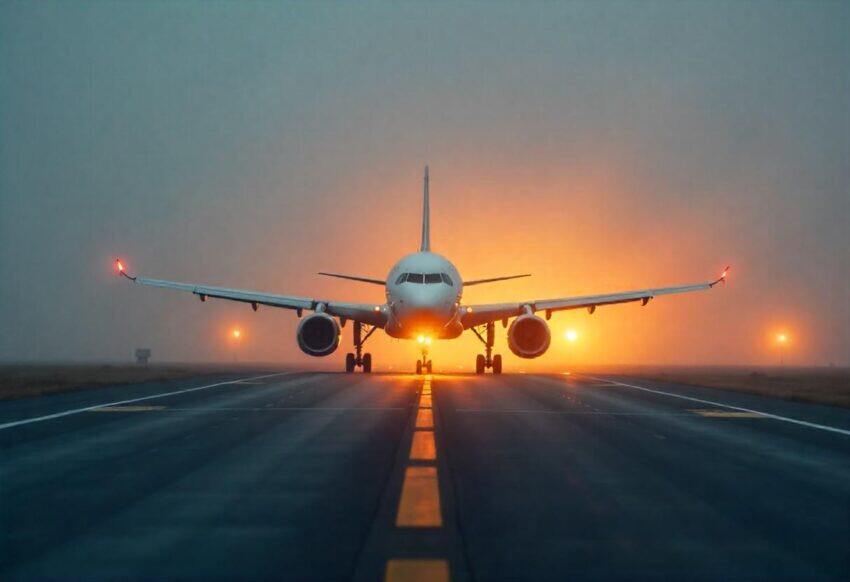
Washington, D.C. — The Donald Trump administration has proposed a measure that would bar Chinese airlines from flying through Russian airspace on routes to and from the United States, escalating trade tensions with Beijing. The U.S. Department of Transportation (DOT) proposed the restriction on Thursday, arguing that the practice grants Chinese carriers an "unfair competitive advantage" over their American counterparts.
The proposed ban comes shortly after China tightened its export controls on rare earth minerals, which are critical for U.S. defense and high-tech semiconductor industries. This tit-for-tat move highlights the increasing economic friction between the two global powers, with some analysts viewing the aviation restriction as retaliation for the rare earths curbs.
Competitive Disparity: Shorter Routes vs. Longer Detours
The dispute centers on the reciprocal airspace bans put in place following Russia's 2022 invasion of Ukraine. The U.S. prohibited Russian aircraft from its airspace, prompting Moscow to retaliate by blocking U.S. airlines from flying over Russia.
While American carriers, like most Western airlines, must now take longer, more costly routes around Russia, Chinese airlines—which were not subjected to the ban—continue to use the shorter Russian airspace. This allows them to significantly cut flight times, save on fuel costs, and offer more competitive fares, leading to "substantial adverse competitive effects" on U.S. air carriers, according to the DOT.
The proposed order, which would amend the foreign air carrier permits of Chinese airlines, could affect major carriers including Air China, China Eastern, China Southern, and Xiamen Airlines. The restriction would apply only to passenger flights, exempting cargo-only services.
Industry Impact and Geopolitical Context
The new rule, which the DOT stated could take effect as soon as November, has given Chinese carriers just two days to submit a response.
U.S. airlines have long lobbied Washington to address this competitive imbalance. They contend that the longer routes, particularly for direct flights between the U.S. East Coast and China, are often economically unfeasible without Russian overflight access. These detours force some American carriers to limit passenger seats and cargo to manage fuel loads, further cutting into profitability.
Last year, despite opposition from U.S. airlines and unions, the DOT allowed Chinese airlines to increase their weekly round-trip flights to the U.S. to 50, though this is still only about one-third of the pre-pandemic limit. Earlier efforts to negotiate for Chinese carriers to avoid Russian airspace on new routes had limited success.
The Chinese Foreign Ministry has criticized the proposal, warning that such restrictions would ultimately be detrimental to "international travel and people-to-people exchanges" and advising the Trump administration to consider the negative impact on American businesses.
This aviation flashpoint adds another layer of complexity to the already strained U.S.-China economic relationship, preceding an expected meeting between President Donald Trump and Chinese President Xi Jinping in South Korea later this month.
[Copyright (c) Global Economic Times. All Rights Reserved.]




























